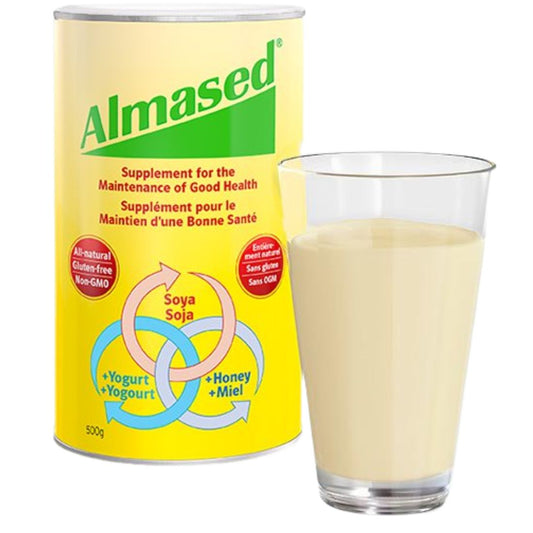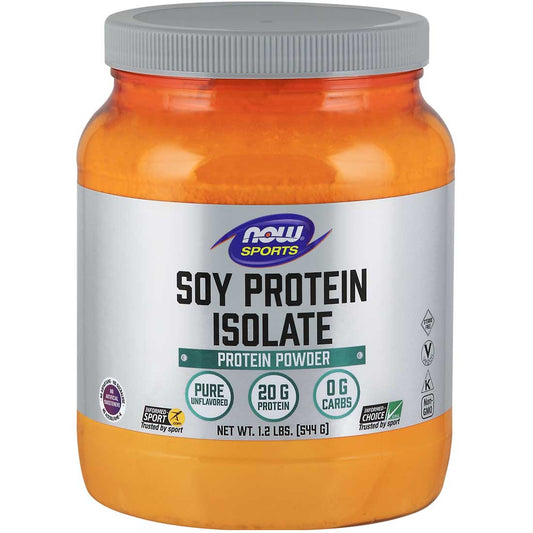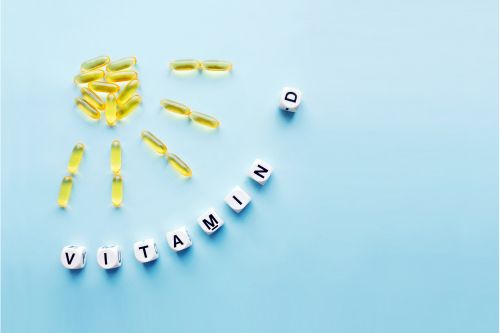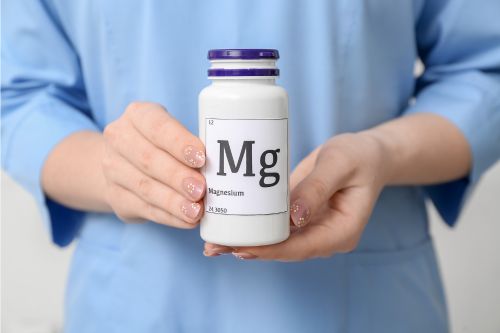5 Min Read
10 Pros and Cons About Soy Protein

Is soy protein the right choice for you? Will it help you to meet your dietary and fitness goals? Is it worth the money? Truth be told, soy protein gets many mixed reviews in positive and negative press, but within this article, we will explore exactly what you need to know to make an informed decision in your protein powder.
Soy Protein Benefits
Soy protein is an age-old protein source
Yes, there are many new soy products on the market, but soy is a source of protein that has been used for hundreds of years, namely in Asia. Asia uses this protein as a dietary staple, and it is a safe and beneficial source of protein.
Soy protein is full of nutrients
It is an excellent source of protein, not to mention fatty acids and isoflavones. There is some research to show that soy can potentially protect against breast cancer, but more studies need to be developed before it is completely proven.
Soy protein can help you gain lean muscle mass
A recent study has shown that when comparing soy protein to whey protein used after a workout, participants had no differences in the amount of lean muscle mass that they gained as a whole after 12 weeks. It will still provide the same results to you in building and maintaining muscle mass in the protein form
Soy protein is the perfect source for vegetarians
Soy protein is full of essential amino acids, and it is a plant protein source that is suitable for vegans and vegetarians. In fact, it is recommended for vegetarians and vegans to use this source of soy protein since vegetarian diets can normally be low in essential amino acids. Out of all of the protein sources, soy protein is most closely related to meat protein sources in the amount of amino acid content.
Soy protein is ideal for individuals that are lactose intolerant
If you cannot have any milk or dairy products, soy protein is the ideal choice. You will still be receiving enough soy protein to provide energy throughout the day, enhance your workouts, or even boost your diet to lose weight without the use of milk or dairy.
Soy protein has a high vitamin content
If you are hoping to increase your soy protein intake without any extra meat in your diet, soy protein is the best choice by far because it also does not contain additional fat or cholesterol. It is a healthy option in a soy protein source, and soy protein also contains calcium, zinc, vitamin B, and iron.
Soy protein products offer a great variety
Soy protein supplements are as advanced as they have ever been, so you can find soy protein in a number of different flavors, consistencies, and even in a protein bar form. It's ideal to be used as a meal replacement or even as a pre-workout snack to boost the metabolism and improve your workout.
Cons of Soy Protein
Inconclusive Soy Protein Studies
When it comes to soy protein, studies are still inconclusive as to its negative effects on health. For that reason, it may be best to monitor your soy protein intake within a balanced diet through the use of a soy protein powder.
Pasteurized Soy Protein Has Less Nutritional Value
Depending on the soy protein product that you use as your source of soy protein, the soy protein could be pasteurized, which reduces its nutritional value. Be vigilant in reading your product labels to find the best soy protein choice for your lifestyle and exercise needs.
High Fiber Content of Soy Protein Can Be Hard On Sensitive Digestive Systems
The amount of fiber in soy protein can take getting used to for some people. If you have a sensitive digestive system, then you may need to ease into your use of soy protein in case the fiber intake does not sit well in your digestive system.
Even with all of this information, it is beyond clear that soy protein is an underrated source of protein that may have received some bad press in the past. The best way to deal with this information is to continue to do your homework and stay up-to-date with recent studies and research. To date, soy protein is a relevant and nutritional protein source, especially if you are a vegetarian or are lactose intolerant. If you carefully read your nutritional labels, you can choose a soy protein product that is full of vitamins, minerals, fiber, and protein content to balance your diet and boost your energy before your workout.
How To Use Soy Protein
If you are concerned about your soy protein intake, then consider the use of a regular soy protein supplement once per day. Soy protein is entirely safe to be used frequently, so you can opt to integrate soy protein into your diet as a meal replacement, or even as a snack in the form of a protein bar.
When it comes to individuals on a vegetarian or vegan diet, soy protein is a source not to be overlooked because it will give you the protein that you are looking for without any animal byproducts. Oftentimes, it can be difficult for a vegetarian or even those who are lactose intolerant to find products that adhere to their standards, but when you choose soy protein, you can count on a pure and natural product right off the bat.
Does Soy Protein Help with Muscle Growth?
Soy protein is also an ideal source not to be ignored for muscle building, especially since it has shown the same results in building lean muscle mass as whey. The point of the matter is that any negative reviews or press you may have heard about soy in the past need to be taken into serious consideration since soy protein is starting to hold its own in the results that it provides.
There are a number of different protein sources on the market to choose from, but if you do have specific dietary restrictions and are hoping to avoid animal or dairy products, this is an ideal supplement that will still allow you to meet your fitness and dietary goals with ease.
Here are our selection of soy proteins: Soy Protein





